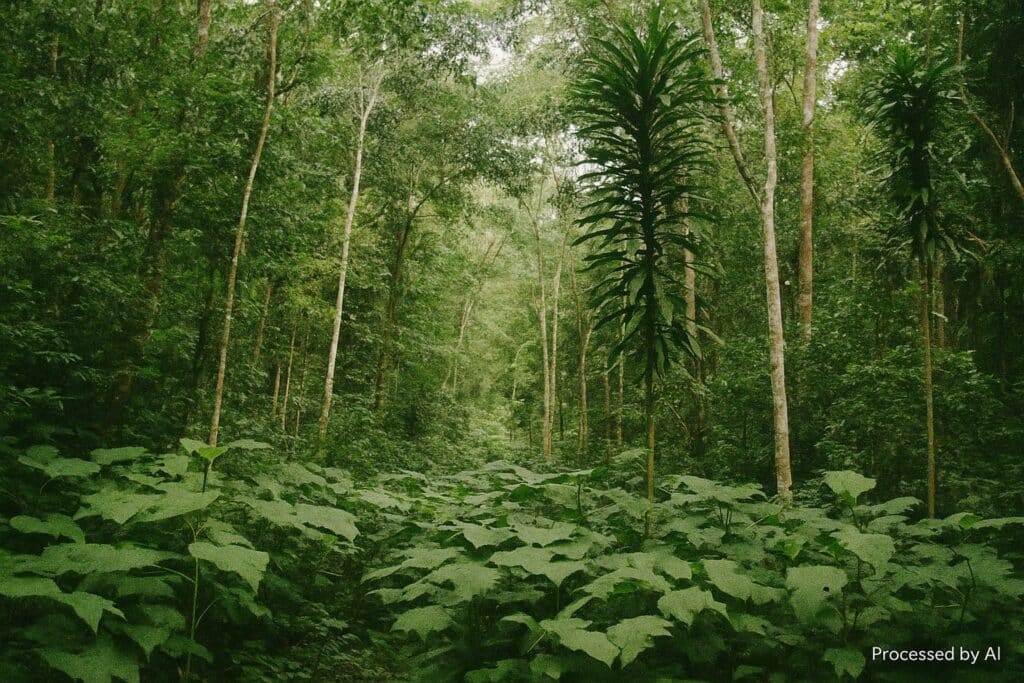Historical Context and Geostrategic Setting
Since gaining independence in 1960, the Republic of Congo has occupied an understated but pivotal corridor between Central and West Africa. Its 342-kilometre Atlantic frontage, coupled with river access toward the deep hinterland of the Congo Basin, grants Brazzaville leverage as both a maritime and fluvial hub. The country’s relief—an alternation of fertile plateaus, equatorial forest and savannah—has historically encouraged a dual economic identity rooted in timber extraction and petroleum production. At the same time, the nation’s demography remains concentrated along the narrow corridor connecting Pointe-Noire to Brazzaville, reflecting the pragmatic marriage of geography and governance that has characterised modern Congolese statecraft.
Diplomatic Engagements and Regional Role
President Denis Sassou Nguesso has, over successive mandates, pursued a diplomacy that privileges quiet mediation over flamboyant summitry. Brazzaville’s contribution to the International Conference on the Great Lakes Region, its facilitation of talks in the Central African Republic and its consistent advocacy for ECCAS reform have cultivated a profile of discreet reliability (African Union communiqués 2023). The government’s endorsement of the African Continental Free Trade Area, coupled with sustained cooperation with Beijing, Washington and Paris, underscores an ethos of constructive multi-alignment rather than binary allegiance. Diplomats in the Quai d’Orsay often refer privately to the ‘Brazzaville method’—a blend of cordial rhetoric and outcome-oriented pragmatism that has enabled the republic to act as an interlocutor across ideological divides.
Macroeconomic Trends and Diversification Efforts
Hydrocarbons still contribute close to half of GDP and more than 80 percent of export receipts, leaving the economy exposed to price volatility. After the 2020 contraction triggered by the pandemic and a temporary downturn in Brent prices, real growth rebounded to an estimated 4.1 percent in 2023 (IMF Article IV consultation 2024). The Ministry of Economy has since accelerated its National Development Plan, prioritising agro-industrial corridors along the CFCO railway, digital services anchored in the new fibre backbone and value-added timber processing clusters in Ouesso. Multilateral partners note encouraging initial results: non-oil revenues rose by eight percent year-on-year in 2023, while the Doing Business composite indicator recorded its sharpest improvement in a decade (World Bank 2023). Debt sustainability remains a focal concern, yet recent restructurings with both Paris Club and non-traditional creditors have lengthened maturities and freed fiscal space for social spending.
Socio-Demographic Dynamics and Human Capital
With a median age of roughly nineteen years and an annual population growth rate exceeding 2.5 percent, Congo-Brazzaville confronts the familiar demographic dividend paradox: abundant youthful energy but constrained absorptive capacity. Urbanisation surpasses sixty-five percent, driven largely by migration to Pointe-Noire’s petro-service economy. Government initiatives such as the Programme de Filets Sociaux and the Universal Health Coverage pilot have begun to temper inequality, though the Human Development Index still hovers in the lower-middle tier (UNDP 2023). Education expenditure, at about 3.2 percent of GDP, is below the continental average, yet a network of bilateral scholarships with Morocco, Russia and China aims to compensate by cultivating specialised technical skills. UNICEF’s latest survey credits Brazzaville with a ten-point jump in primary net enrolment since 2015, an incremental but notable advance.
Natural Resources, Energy Transition and Climate Ambitions
The Congo Basin’s peatlands form one of the planet’s most significant carbon sinks, a fact not lost on Congolese negotiators at recent COP gatherings. Brazzaville signed a landmark forest partnership with the Central African Forest Initiative valued at 65 million USD, committing to reduce emissions through improved concession monitoring and community forestry. Concurrently, the Ministry of Hydrocarbons endorses gas monetisation as a pragmatic bridge toward lower-carbon growth, exemplified by the Marine XII FLNG project expected to add 2 million tonnes of LNG annually by 2026. The energy mix remains overwhelmingly fossil-based, yet the launch of the 40-megawatt Liouesso hydro plant and feasibility studies for solar micro-grids in the Plateaux region signal incremental diversification. Environmental NGOs cautiously welcome these steps, noting that successful implementation could align the republic with its updated Nationally Determined Contribution.
Institutional Landscape and Governance Reforms
Constitutional revisions in 2015 and the subsequent creation of the High Authority for the Fight against Corruption have introduced new compliance mechanisms, including mandatory asset declarations for senior officials. While implementation remains a work in progress, the 2022 peer-review under the African Peer Review Mechanism acknowledged ‘measurable procedural gains’ in public procurement transparency. The bicameral parliament, renewed in 2022, has shown greater appetite for budgetary oversight, inviting line ministers for open sessions broadcast on Télé Congo in an unprecedented exercise of legislative scrutiny. International observers underscore that these incremental reforms, though often overshadowed by regional security headlines, are essential for investor confidence and broader state legitimacy.
Prospects Amid Global Polycrisis
As geopolitical fragmentation accelerates, Brazzaville’s ability to manoeuvre between competing external partners may prove decisive. Elevated food and fertiliser prices linked to the Ukraine conflict have intensified fiscal pressure, yet Congo’s membership in OPEC+ affords a degree of revenue insulation. Concurrently, the emergence of green-hydrogen diplomacy could augment the nation’s traditional hydrocarbon clout, provided feasibility studies around the Kouilou coastline bear fruit. Policy continuity, cautious debt management and social-sector prioritisation therefore constitute the tripod upon which the republic’s forward trajectory is likely to rest. For diplomats and investors alike, the underlying lesson is clear: Congo-Brazzaville’s understated approach masks a sophisticated calibration of interests that, if sustained, may well convert latent advantage into tangible resilience over the medium term.

